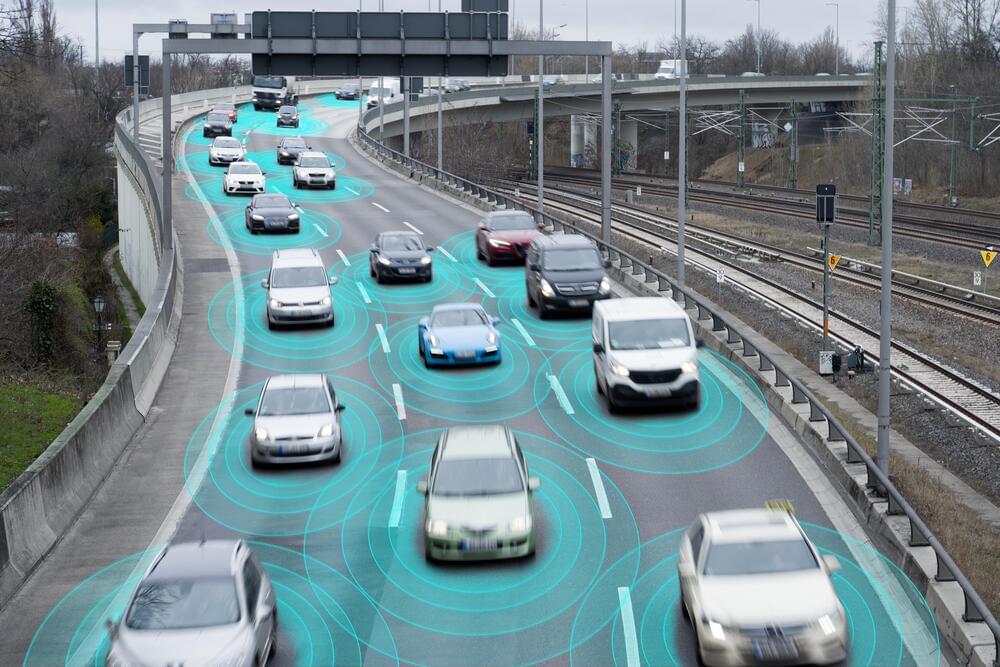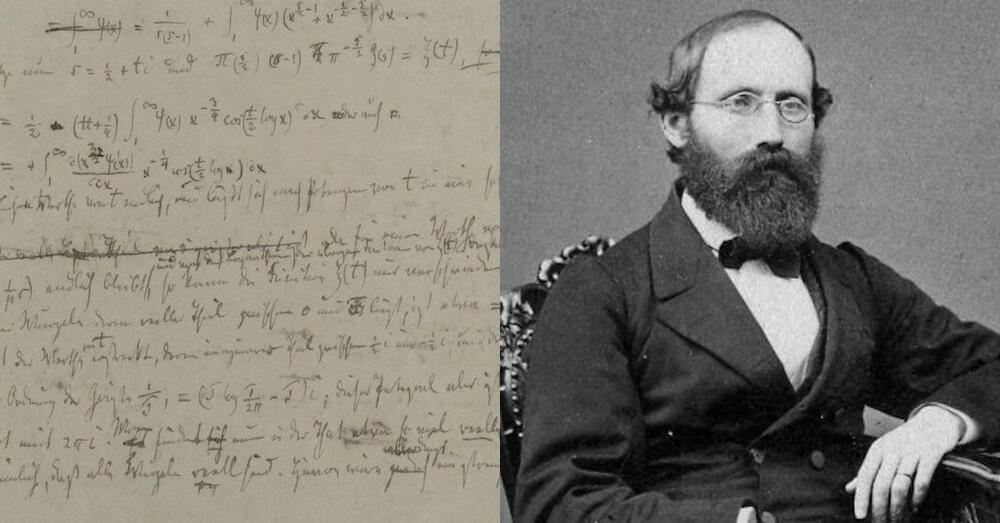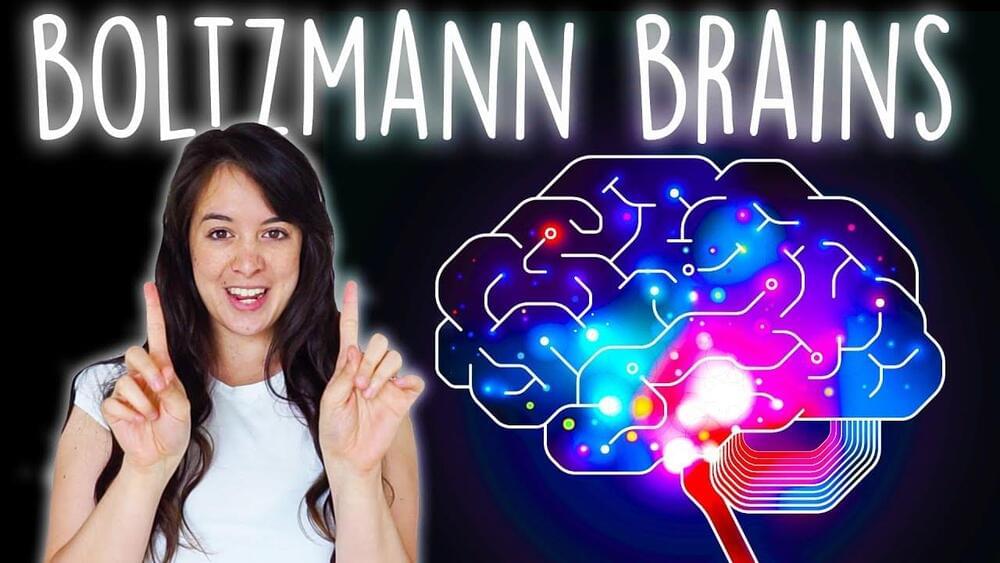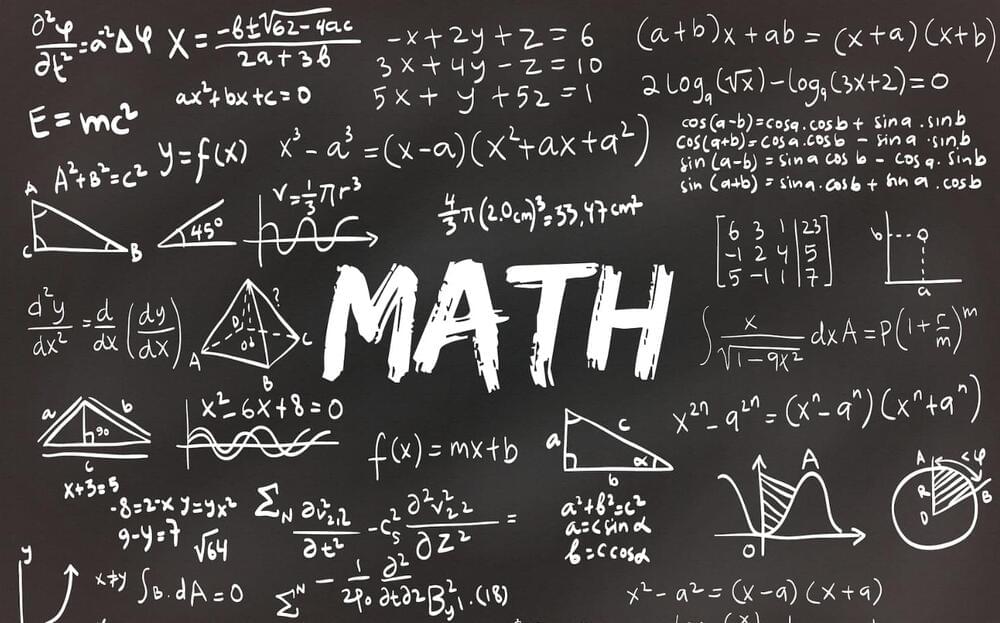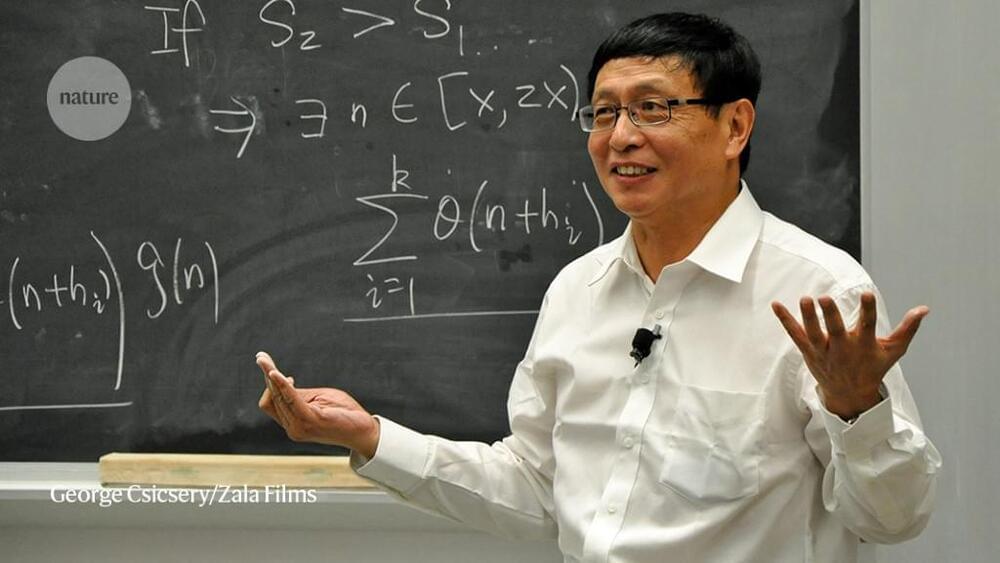Nov 17, 2022
Mathematical models shed new light on the interior of neutron stars
Posted by Gemechu Taye in categories: cosmology, mathematics, physics
“Neutron stars apparently behave a bit like chocolate pralines”.
Neutron stars were first discovered more than 60 years ago, but very little is known about the interior of neutron stars, the incredibly compact cores of dead stars.
According to their findings, a press statement reveals, they bear a surprising resemblance to chocolate pralines.
Continue reading “Mathematical models shed new light on the interior of neutron stars” »


